
Jim and Jan sit down with Dan Pink in the offices of the McChrystal Group to discuss all things leadership. Dan shares his thoughts on cognitive bias, A/B testing of leadership practices, soft-skills, and how to move from blaming personality to better understanding how design drives patterns of behavior. Due to unforeseen circumstances, General Stan McChrystal was not able to join the discussion as planned.
Key Takeaways
[3:15] Dan believes we are slowly reconceiving different notions of leadership and different notions of how organizations are run.
[8:40] We have the ability to communicate to the world and yet we are lonelier than ever.
[10:16] Dan wonders when the concept of ‘leadership’ first emerged.
[11:55] How can leaders deal with cognitive bias? As human beings, we are riddled with flaws and by simply being aware of that, it can help you through the decision making process as you begin to ask yourself a series of questions.
[16:00] A/B testing is critical in any leadership role, but there are some leaders who are too afraid to test out ‘B’ and have it fail.
[20:45] With so many distractions out there, Dan understands how difficult it is to have our minds be focused on the present. This is why he has made a conscious effort to delete social media apps and other distractions off of his computer.
[23:25] Is your organization suffering from bad behaviors or simply bad design? In order for you to be a good leader as well as a good designer, be aware of your surroundings. Did an interaction or customer experience go well for you? Ask yourself why and take note so that you can implement it into your organization.
[31:25] As we get older, our processing power decreases. If you can’t speed up the processing power of an individual, can you do it as an organization? Dan isn’t sure he has the correct answer to this yet.
[35:45] Our education system is designed for the convenience of the system and it is not tailored to the education of the people. Schools will say their goal is to teach people how to learn, but the system, unfortunately, doesn’t allow for that.
[41:45] How much has genuine leadership changed over the years? Dan thinks at the structural level, it’s changed very little.
[44:00] Effective leaders don’t rule with an iron fist. In fact, it’s the soft skills that often go unnoticed. For example, they have humility, curiosity, and integrity.
[47:00] Dan believes that the future of leadership will involve teaching others how to think.
Where to follow Dan Pink
- Twitter: @DanielPink
- Facebook: @DanielHPink
- Website: DanPink.com
Quotable Quotes
“Am I looking for things that only confirm my existing beliefs and am I discarding things that challenge my existing beliefs?” Click To Tweet “If you’re a leader who says I don’t want to test out ‘B’ because it’s a failure, you don’t understand experiments.” Click To Tweet “Instead of relying on my willpower and fortitude, neither of which is deep, I change the architecture. I think that's the solution for leaders.” Click To Tweet “Collective intelligence at an organizational level is, at some level, a knowledge management problem.” Click To Tweet “We have all the content in the world to develop leaders. What’s missing is context.” Click To Tweet “These tests that schools provide are easily hackable and so these kids got good at hacking tests, but the real world is not a hackable exercise.” Click To Tweet
These are the books mentioned in Dan’s podcasts.


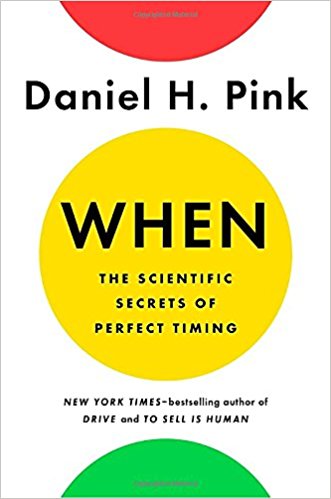

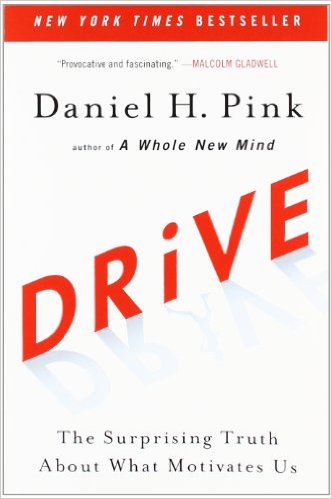
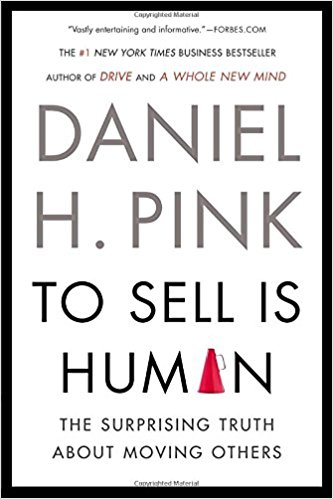
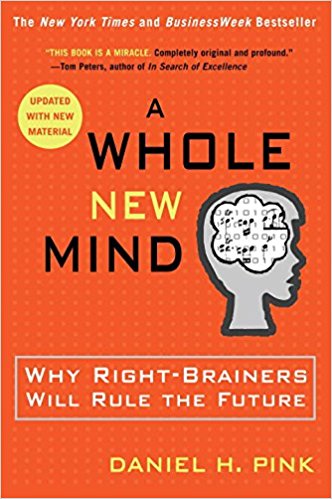
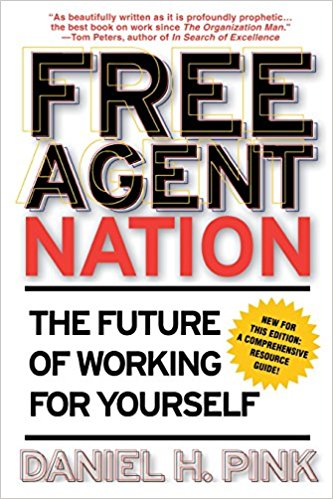
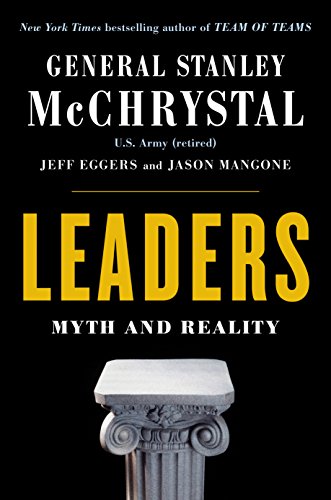


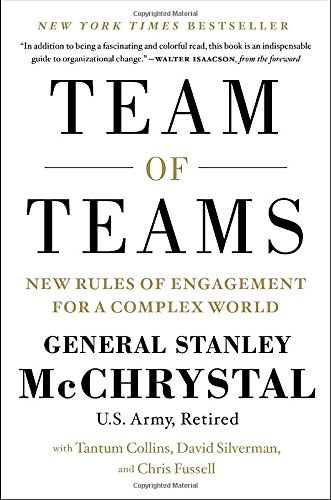

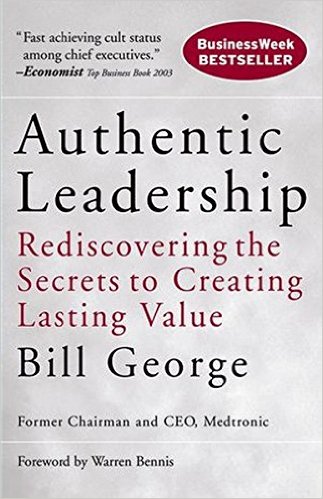
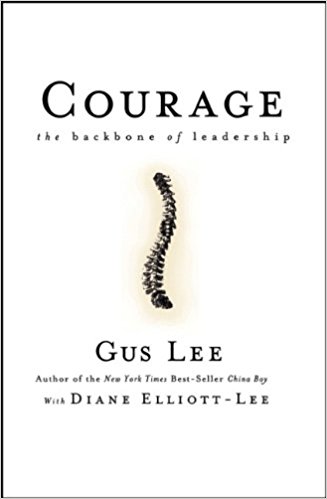
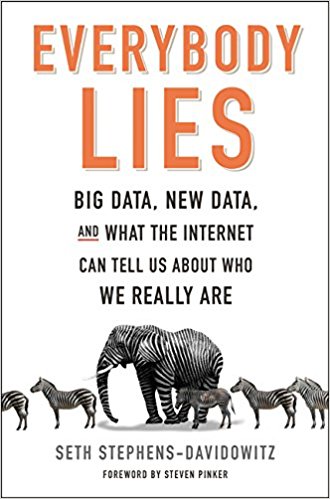
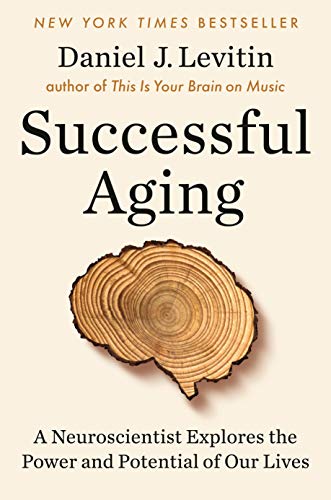

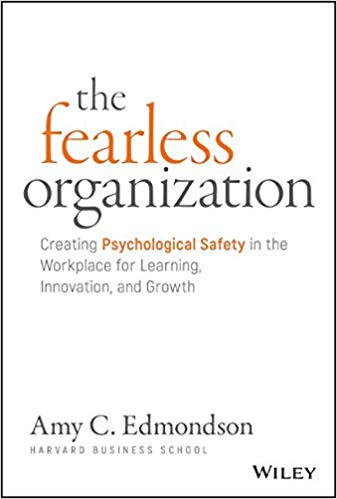
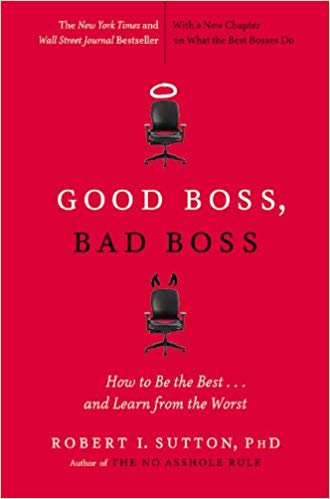
Recent Comments